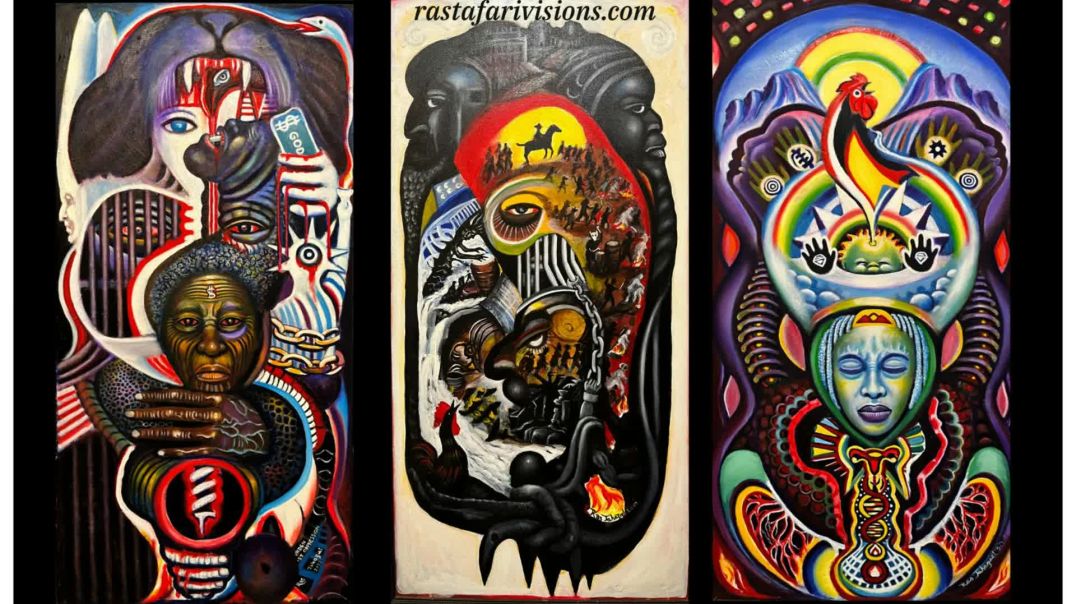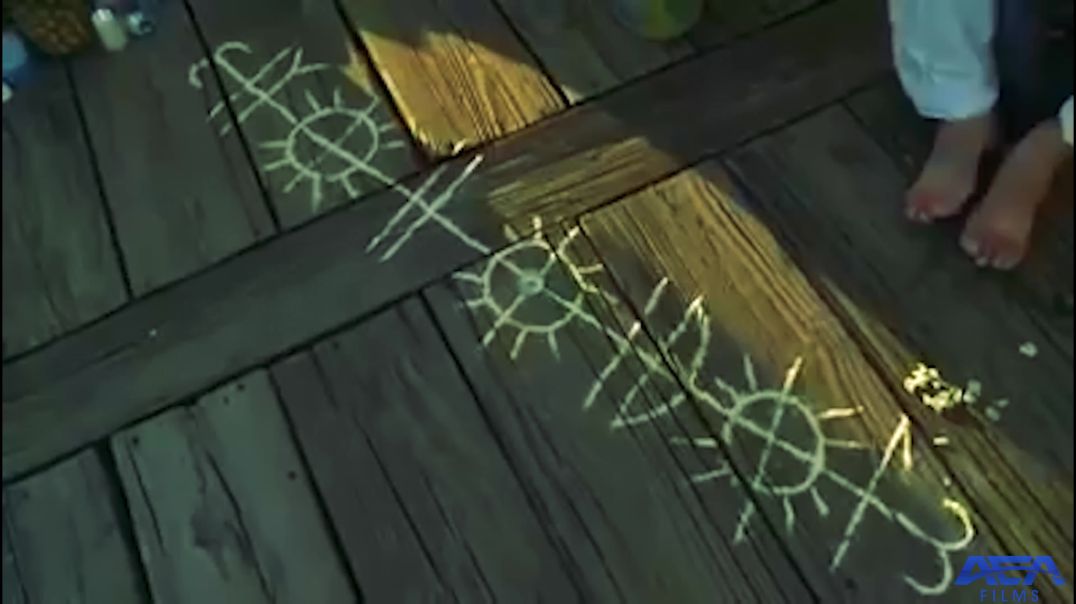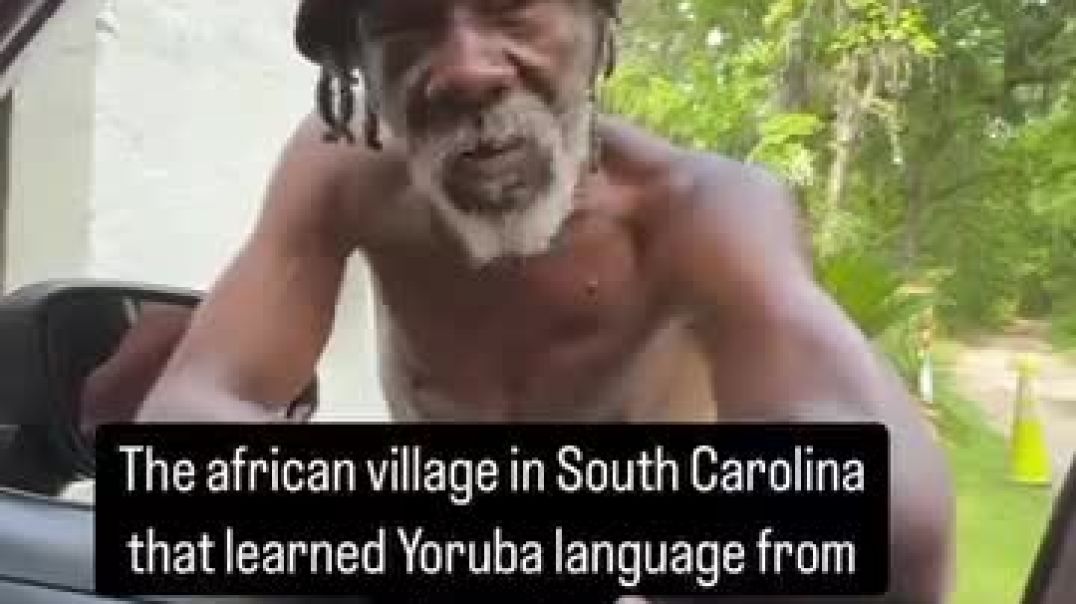Spirituality
5 BRANCHES OF KONGO SPIRITUALITY ~ Iya J.
🙍🏽♀️ 🌍 🙍🏽♂️If you're serious about investing in your spiritual development and wellbeing... wanting to elevate, I invite you to learn directly from me and apply to one of my Coaching Programs 👇🏽👇🏽👇🏽
https://www.iyajthehighpriestess.com/coaching
Want my assistance with your Spiritual Business? Receive a FREE consultation
https://www.iyajthehighpriestess.com/coaching
Want to study at your own pace via my online portal? 🙋🏽♀️ 🙋🏽
https://www.iyajthehighpriestess.com/courses
FOLLOW ME/SHARE/LIKE 💫:
Instagram: https://www.instagram.com/isismoon_org
Facebook: https://www.facebook.com/isismoonorg
TikTok: https://www.tiktok.com/
Isis Moon's Website: https://www.isis-moon.com
Iya J's personal Website: https://www.iyajthehighpriestess.com
Donations: https://www.isis-moon.com/donations
#spiritualguidance #spiritualcoaching #iyaj #Isismoonorg
#kongo #congo #kongospirituality #africandiaspora #kongoancestors #palomayombe #candomble #hoodoo
#yowa #kongocosmogram #maa_aankh
in this video, Derric "Rau Khu" Moore discusses the connection he discovered between the BaNtu-Kongo cosmogram and the Kemetic lore, which led to a closer connection with the Ancestors.
I do not own the copyright of the music.
Song: Sending All My Love by Phonte of Little Brother
https://twitter.com/phontigallo
Foreign Exchange Music: http://www.theforeignexchangemusic.com/
===========================================
About Derric "Rau Khu" Moore
I practice Kamta, a form of Kemetic (Ancient Egyptian) Shamanism that draws from the Kemetic theology and the Kongo-Angolan dikenga (Kongo Cross) philosophy. That has been combined with African American Spiritualism and Afro-Cuban Espiritismo Cruzado (Crossed Spiritism). My goal is to normalize the Kemetic Way of Life by providing practical adaptations to our ancient ancestral way of living.
===========================================
Books:
https://thelandofkam.com/books/
For affordable ebooks:
https://www.1solalliance.com/1solebooks/
For herbs, crystals, shamanic, spiritual, and other metaphysical supplies, visit: https://www.1solalliance.com/
Thank you for your support.
CashApp: $RauKhu
#thelandofkam #therealankh #maa_aankh
what does the Ankh or Aankh cross really mean? In this video, I give a more esoteric explanation about the ankh, how it relates to Kongo Spirituality, the dikenga dia Kongo (Kongo Cross) and how the aankh can be used as a talisman that empowers true Kemetic followers.
*****************************************************************
I do not own the copyright of the music.
Song: Sending All My Love by Phonte of Little Brother
https://twitter.com/phontigallo
Foreign Exchange Music: http://www.theforeignexchangemusic.com/
===========================================
Books:
https://thelandofkam.com/books/
Affordable audio and ebooks on spirituality, metaphysics, meditation:
https://www.1solalliance.com/1solebooks/
For herbs, crystals, shamanic, spiritual, and other metaphysical supplies, visit: https://www.1solalliance.com/
Thank you for your support.
CashApp: $RauKhu
XXXXXXXXXXXXXXXXXXXXXXXXXXXXXXXXXXXXXXXXXXXXXXXXXXX
About Derric "Rau Khu" Moore
I practice Kamta, a form of Kemetic (Ancient Egyptian) Shamanism that draws from the Kemetic theology and the Kongo-Angolan dikenga (Kongo Cross) philosophy. That has been combined with African American Spiritualism and Afro-Cuban Espiritismo Cruzado (Crossed Spiritism). My goal is to normalize the Kemetic Way of Life by providing practical adaptations to our ancient ancestral way of living.
===========================================
The art of Ras Jahaziel
Imagine a community-owned institution
where this collection of paintings and videos
are displayed as an educational tool
FOR THE BUILDING OF AN UPRIGHT AND CONSCIOUS PEOPLE.
Moya is a dignified platform for African healers and scholars to unpack the natural sciences and history. In this episode, we sit down with THAU-THAU HARAMANUBA 🔆🔆🔆🔆🔆😊😊😊 This is a self funded project. Please do your bit? 😉🙏🏿 Ntsiki Mazwai Media Account number 630 392 398 92 Branch code 250 655 First National Bank or www.paypal.me/ntsikimazwai
In Part 2, Ọnuọra Abụah travels to Togo (West Africa) to learn more about the Vodun spiritual system and of how Europeans have turned it into a thing of evil.
His journey begins at Kamina and Wahala where WW1's first casualties are found. Onuora then heads south to the enslavement house at Agbodrafo before meeting a Vodun priest near Lomé. Onuora concludes the trip with a visit to a Vodun market. What he learns is Voodoo is really just "Good Magic"
Maybe you grew up practising a religion. Did you ever ask yourself why you need a religion, and what should be the effect of your religion on you and your community at large?
In this video, Mama Marimba Ani wisely answers this question. May we all ask ourselves the right questions as we strive to decolonize our minds.
from original source: Boukman's Prayer:The God who created the earth, who created the sun that gives us light.The God who holds up the ocean, who makes the thunder roar. Our God who has ears to hear. You who are hidden in the clouds, who watch us fromwhere you are. You see all that the white has made us suffer. The white man's god asks him to commit crimes. But the God within us wants to do good. Our God, who is so good, so just, He orders us to avenge our wrongs. It's He who will direct our arms and bring us the victory. It's He who will assist us. We all should throw away the image of the white man's god who is so pitiless.Listen to the voice for liberty that sings in all our hearts. -- Boukman's Prayer at the Bwa Kayiman Vodun ceremony, the August 14, 1791 call to action that launched the Haitian Revolution, which started on August 22, 1791. --- get rid of the European religion and idea of God....we are god
The Kmtyw village in South Carolina that learned Yoruba from 'the gods'.
http://www.connectingforchange.org
When most westerners think about gifts, the exchange of material goods, is the image that is most familiar. Little time and attention, however, is given to finding and embracing the gift -- the real reason we are born in this world. As a result most of us cannot make sense of the various events in our life. Drawing on Dagara wisdom, this talk brings to light how everyone has a personal gift that is vital to the well being of the individual and the community.
Sobonfu Somé is a respected author, lecturer, activist and one of the foremost voices in African spirituality. She travels the world on a healing mission, sharing the rich spiritual life and culture of her native land Burkina Faso, West Africa. She is the founder of Wisdom Spring, Inc. an organization dedicated to the preservation, the sharing of indigenous wisdom and organizes fundraisers for wells, schools and health project in Africa. She is the author of The Spirit of Intimacy, Welcoming Spirit Home, Falling Out of Grace and the CDS set Women's Wisdom from the Heart of Africa. Sobonfu's message about the importance of spirit, community, and ritual in our lives rings with an intuitive power and truth that author Alice Walker has said "can help us put together so many things that our modern Western world has broken."










